ESA's Biomass Satellite: Antenna Deployed, Carbon Mapping Mission Underway
The European Space Agency's Biomass mission has achieved a major milestone with the successful deployment of its 12-meter antenna. This marks a critical step towards mapping global forest biomass, understanding carbon storage, and monitoring changes in forest health, which is vital for climate change research and policy.
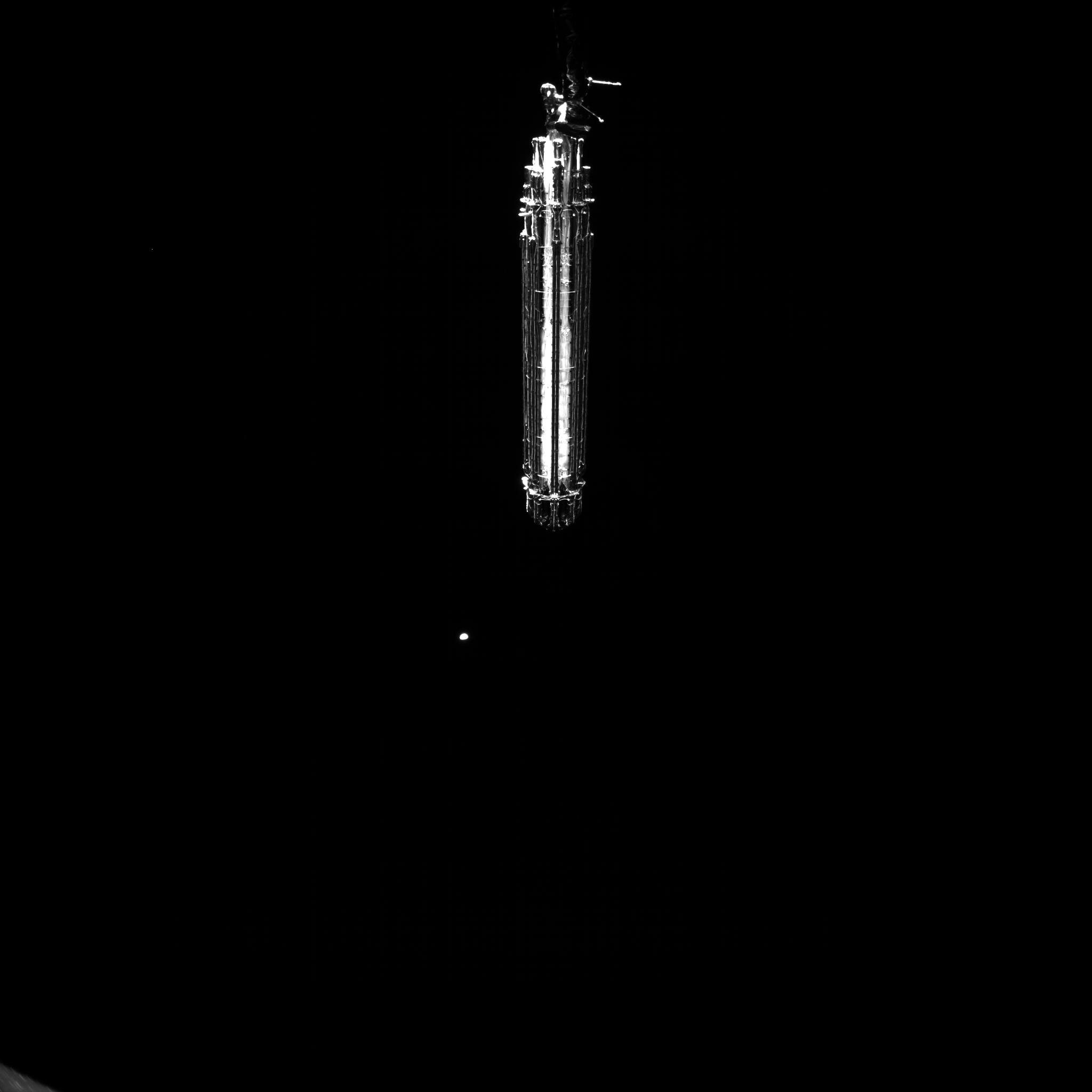
 European Space Agency
European Space Agency
 Earth.com
Earth.com
 Phys.org
Phys.org
 Spatial Source
Spatial Source
Saola Genome Mapped: Genetic Analysis Offers Hope for the Elusive 'Asian Unicorn'
An international research team has successfully mapped the genome of the saola, an extremely rare mammal found in the Annamite Mountains. The analysis of 26 saola genomes revealed two genetically distinct populations and suggests that combining these populations in a captive breeding program could improve the species' chances of survival. The genome data also enhances existing methods for locating the elusive animal.

 BBC Wildlife Magazine
BBC Wildlife Magazine
 Phys.org
Phys.org
 Down To Earth
Down To Earth
 Discover Magazine
Discover Magazine
Oldest Ant Fossil: 113-Million-Year-Old 'Hell Ant' Unearthed in Brazil
The discovery of a 113-million-year-old 'hell ant' fossil in Brazil has been reported. This find, named Vulcanidris cratensis, extends the known fossil record for ants and provides insights into early ant evolution. The fossil exhibits unique predatory adaptations and suggests that ants were more widely distributed in the Cretaceous period than previously thought.
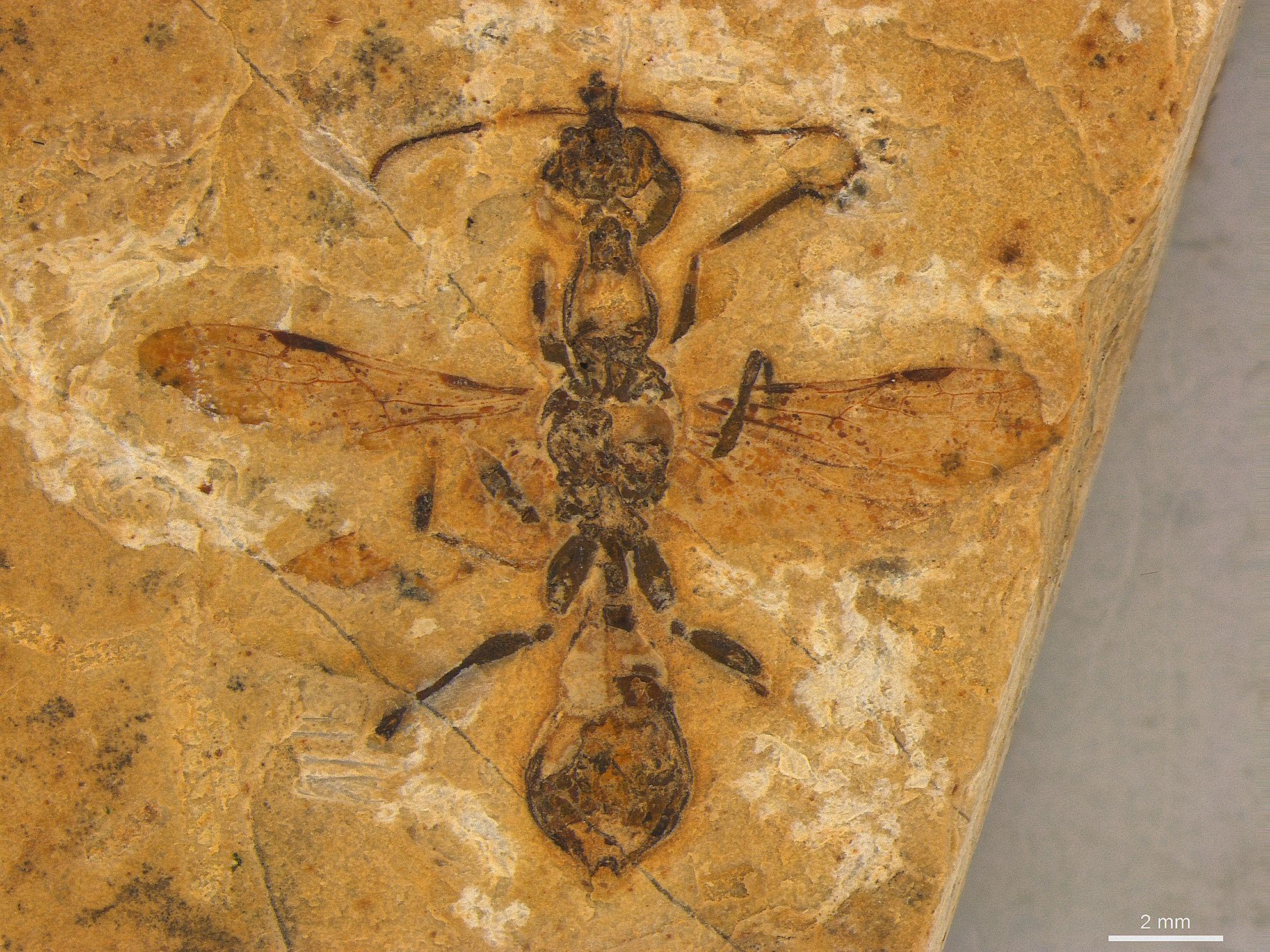
 SciTechDaily
SciTechDaily
 The Daily Galaxy
The Daily Galaxy
 WISH-TV
WISH-TV
 All That's Interesting
All That's Interesting
Quantum Gravity Theory Offers New Path Towards a 'Theory of Everything'
Researchers Mikko Partanen and Jukka Tulkki have introduced a novel quantum gravity theory that aims to unify gravity with the other fundamental forces within the Standard Model. This approach utilizes gauge theory principles, potentially resolving conflicts between general relativity and quantum mechanics, and offering new insights into black holes and the Big Bang.

 ScienceAlert
ScienceAlert
 Sci.News
Sci.News
 Earth.com
Earth.com
 Open Access Government
Open Access Government
Scientists Unravel Mystery of Activity in Dormant 'Zombie' Uturuncu Volcano
A new study explains the mystery of Bolivia's Uturuncu volcano's activity despite being dormant for 250,000 years. Researchers found that the volcano's unrest is caused by heated fluids and gases moving beneath the surface, not by an imminent eruption. This discovery offers new insights into understanding volcanic activity and could improve volcanic monitoring worldwide.
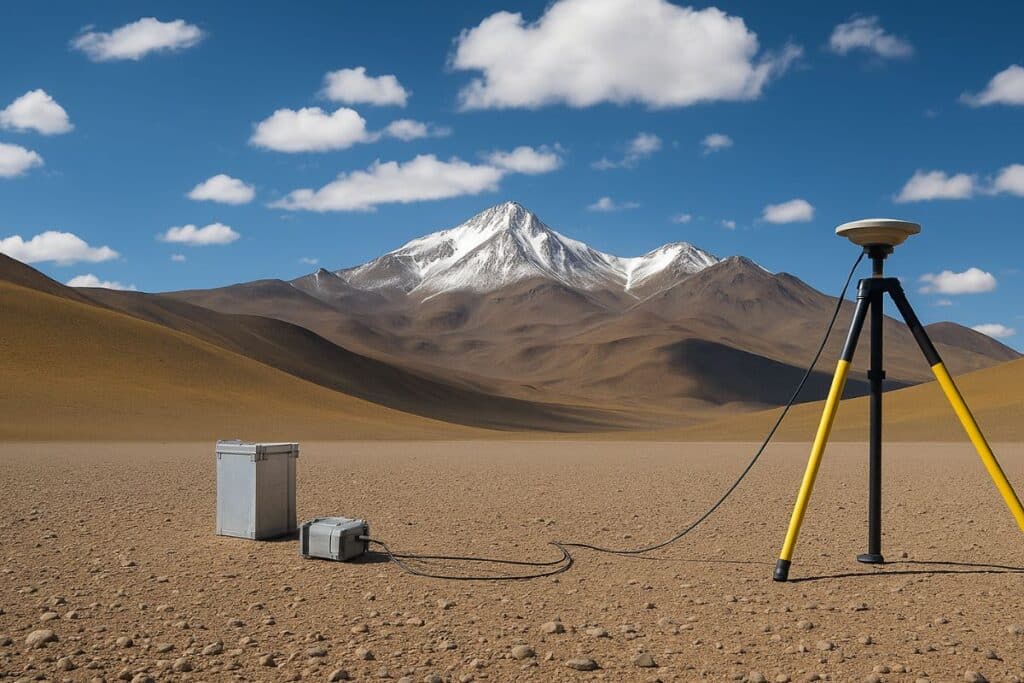
 Farmingdale Observer
Farmingdale Observer
 CNN
CNN
 ABC News
ABC News
 Popular Mechanics
Popular Mechanics
Bright Meteor Spotted Over Utah and Idaho, Sparking Fireball Speculation
On May 3, 2025, a bright meteor was observed across Utah and Idaho, generating widespread reports of a fireball. The event sparked speculation of a meteorite impact near Ogden, Utah. Witnesses described a green flash, echoing sounds, and rising smoke. The sighting coincided with the Eta Aquarids meteor shower, adding context to the event. Scientists are currently investigating the meteor's trajectory and potential landing site.
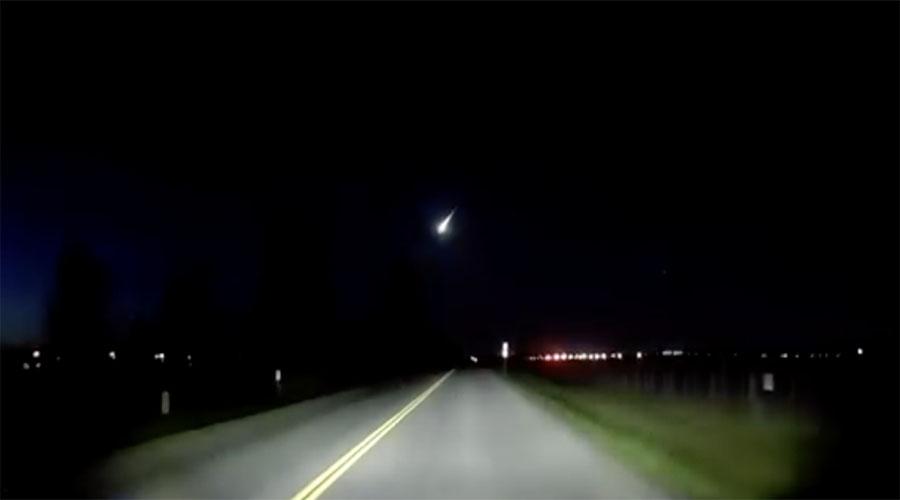
 East Idaho News
East Idaho News
 Phys.org
Phys.org
 KSLTV.com
KSLTV.com
 KUTV
KUTV
Scotland Meteorite Impact Dated to 990 Million Years Ago, Rewriting History
Scientists have revised the date of a meteorite impact in northwest Scotland to 990 million years ago, 200 million years later than previously thought. This new timeline aligns the impact with the existence of early non-marine microbial fossils, raising questions about the event's influence on early ecosystems and the planet's environment. The impact's crater remains undiscovered.
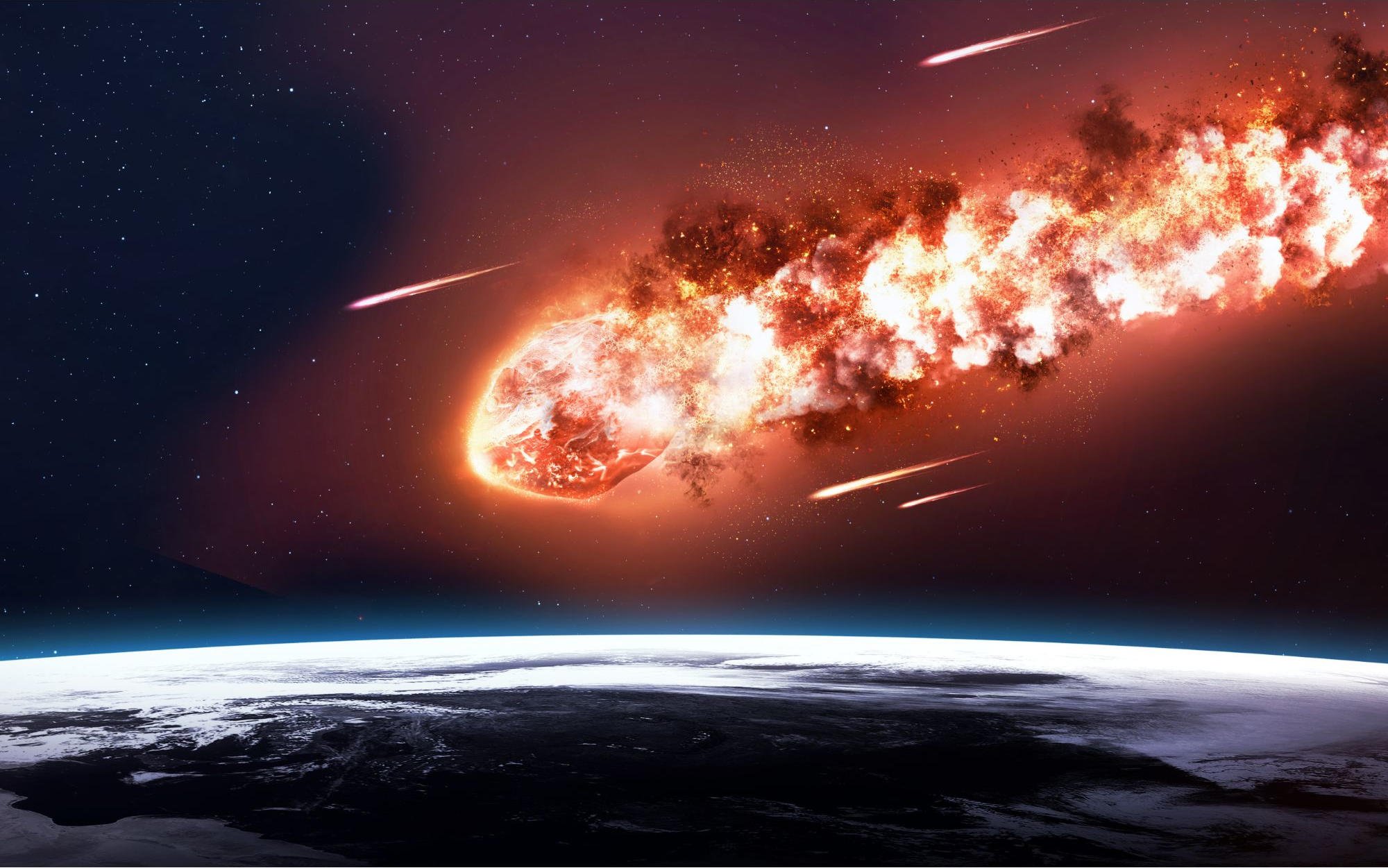
 SciTechDaily
SciTechDaily
 The Conversation
The Conversation
 Live Science
Live Science
 LADbible
LADbible
Ancient Meteorite Strike in Scotland Redated to 990 Million Years Ago
A recent study has redated a meteorite impact in northwest Scotland to 990 million years ago, which is 200 million years later than previously believed. This adjustment has significant implications for understanding the region's geological history and the evolution of early freshwater life, linking the impact event to a major mountain-building event and influencing environmental conditions.
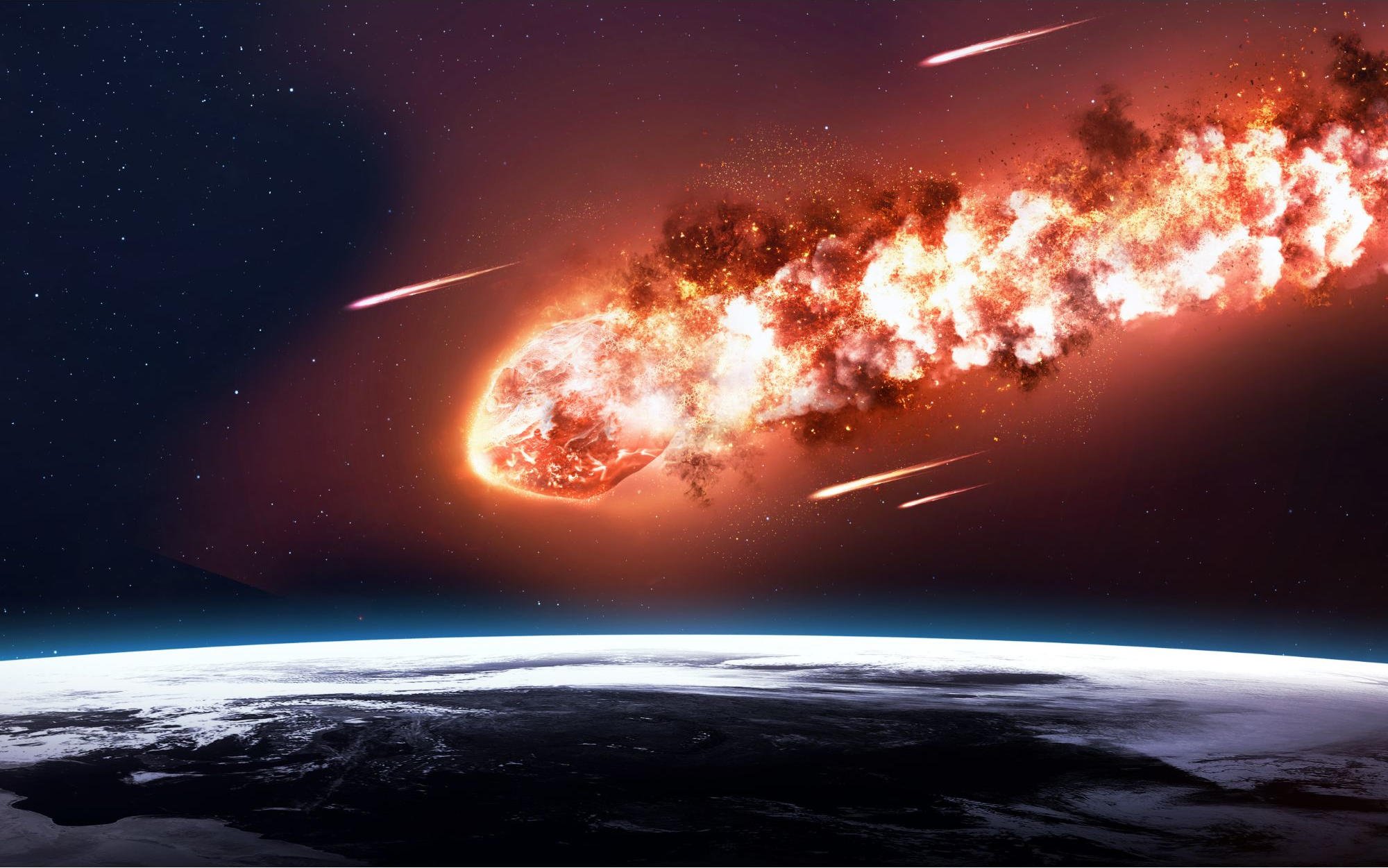
 SciTechDaily
SciTechDaily
 The Conversation
The Conversation
 Live Science
Live Science
 LADbible
LADbible
Failed Soviet Venus Probe Kosmos 482 Set to Reenter Earth's Atmosphere
Kosmos 482, a Soviet spacecraft launched in 1972 with the intention of reaching Venus but stranded in Earth orbit due to a malfunction, is expected to reenter Earth's atmosphere. Experts predict a reentry around May 10, with a broad potential impact zone. While the risk of damage to people or property is considered low, the event highlights ongoing concerns about space debris.
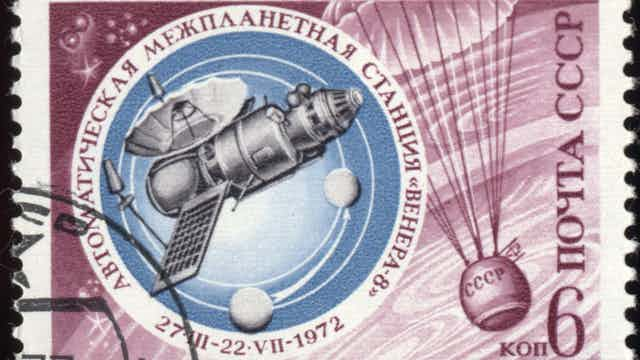
 The Conversation
The Conversation
 NPR
NPR
 CNN
CNN
 Live Science
Live Science
T. rex Ancestors Migrated from Asia to North America via Land Bridge
A recent study indicates that T. rex ancestors crossed from Asia to North America via a land bridge approximately 70 million years ago. Researchers used mathematical modeling, incorporating fossil records, climate data, and family tree information, to conclude this. The study also suggests that cooler climates promoted the increase in size of tyrannosaurs.
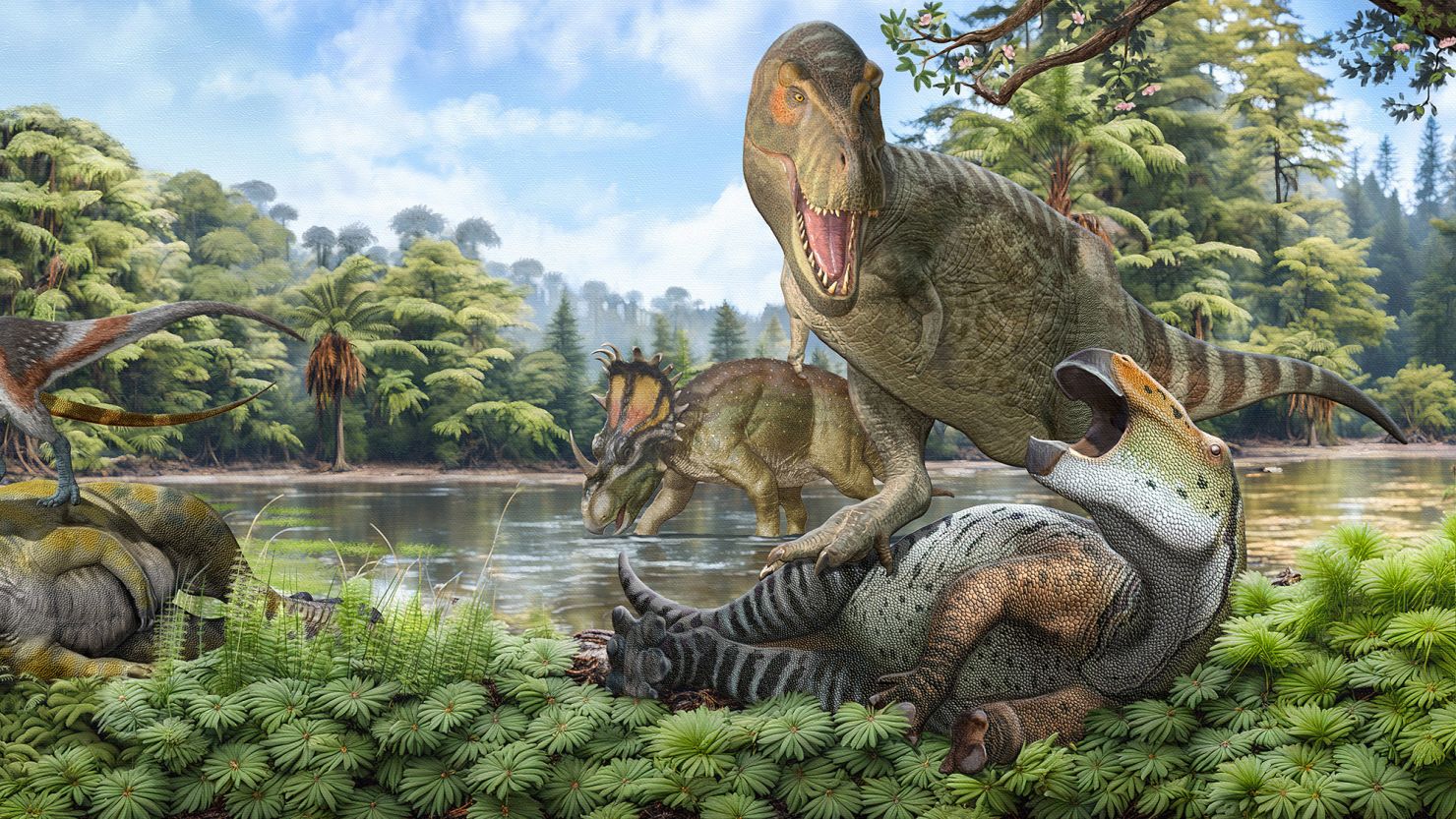
 CNN
CNN
New Mouse-Sized Mammal Fossil, Ravjaa ishii, Discovered in Gobi Desert
A new mammal species, Ravjaa ishii, has been discovered in Mongolia's Gobi Desert. The mouse-sized creature from the Cretaceous period belonged to the Zhelestidae family and possessed unique dental features suggesting a diet of seeds and fruits. The discovery expands our understanding of mammalian evolution and the distribution of zhelestids, challenging previous assumptions about their habitat.
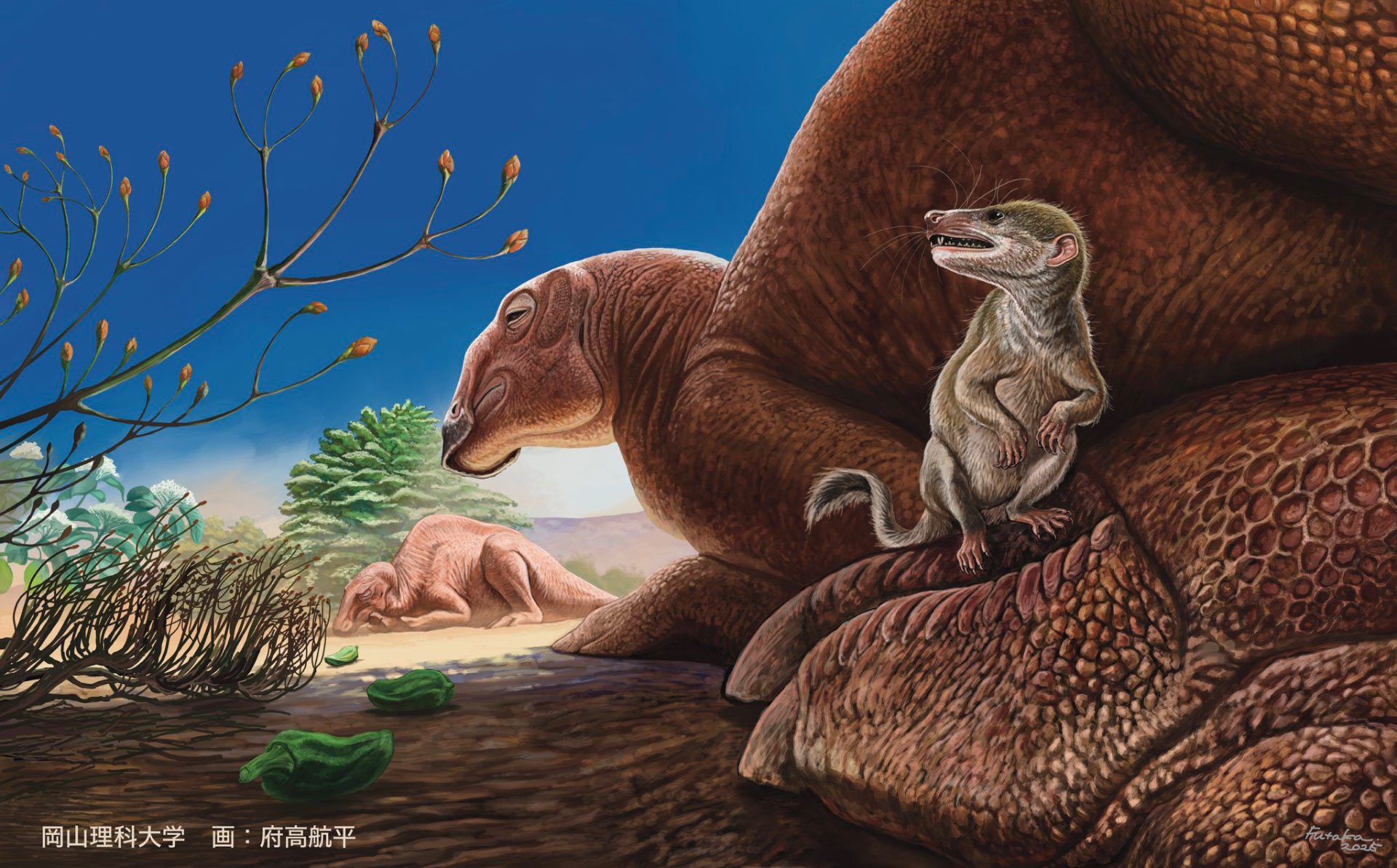
 Sci.News
Sci.News
 Phys.org
Phys.org
 Earth.com
Earth.com
 The Jerusalem Post
The Jerusalem Post
Bright Fireball Streaks Across Utah and Pacific Northwest Skies
A bright fireball was observed across multiple states, including Utah and the Pacific Northwest. Witnesses reported a green hue. Experts suggest it was a meteor, possibly part of the Eta Aquariids meteor shower, with the green color potentially due to nickel content. Scientists and stargazers are intrigued by the event, with searches potentially underway for meteorite fragments.

 MyNorthwest.com
MyNorthwest.com
 FOX 13 News Utah
FOX 13 News Utah
 KSLTV.com
KSLTV.com
 KUTV
KUTV
Physicists Capture First Images of Interacting Atoms, Confirming Quantum Theories
Researchers at MIT and École Normale Supérieure have achieved a breakthrough by capturing the first images of freely interacting atoms, confirming century-old quantum theories. The new technique, called 'atom-resolved microscopy,' allows scientists to observe quantum phenomena like boson bunching and fermion pairing in real space, paving the way for further exploration of complex quantum states.

 Live Science
Live Science
 American Physical Society
American Physical Society
 MIT News
MIT News
 Yahoo
Yahoo
Quasicrystal Found in Trinity Nuclear Test Site: A New Tool for Forensics
Scientists have discovered a quasicrystal within red trinitite, a mineral formed during the Trinity nuclear test in 1945. This quasicrystal, with its unique five-fold symmetry, provides a new way to study nuclear explosions and offers long-term nuclear forensics capabilities by acting as a permanent record of past tests due to its persistence.
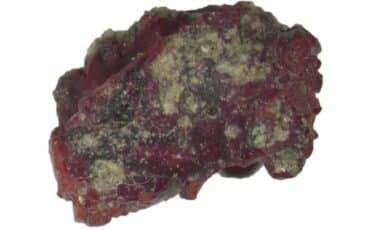
 Indian Defence Review
Indian Defence Review
Quasicrystal Found in Trinity Nuclear Test Site Offers Insights into Explosions
Scientists discovered a quasicrystal, a rare form of matter, at the Trinity nuclear test site. Formed during the intense heat and pressure of the explosion, the crystal possesses a unique five-fold symmetry, defying typical crystallography. This discovery provides insights into nuclear explosions, could aid nuclear forensics, and helps understand the long-lasting consequences of nuclear weapons.
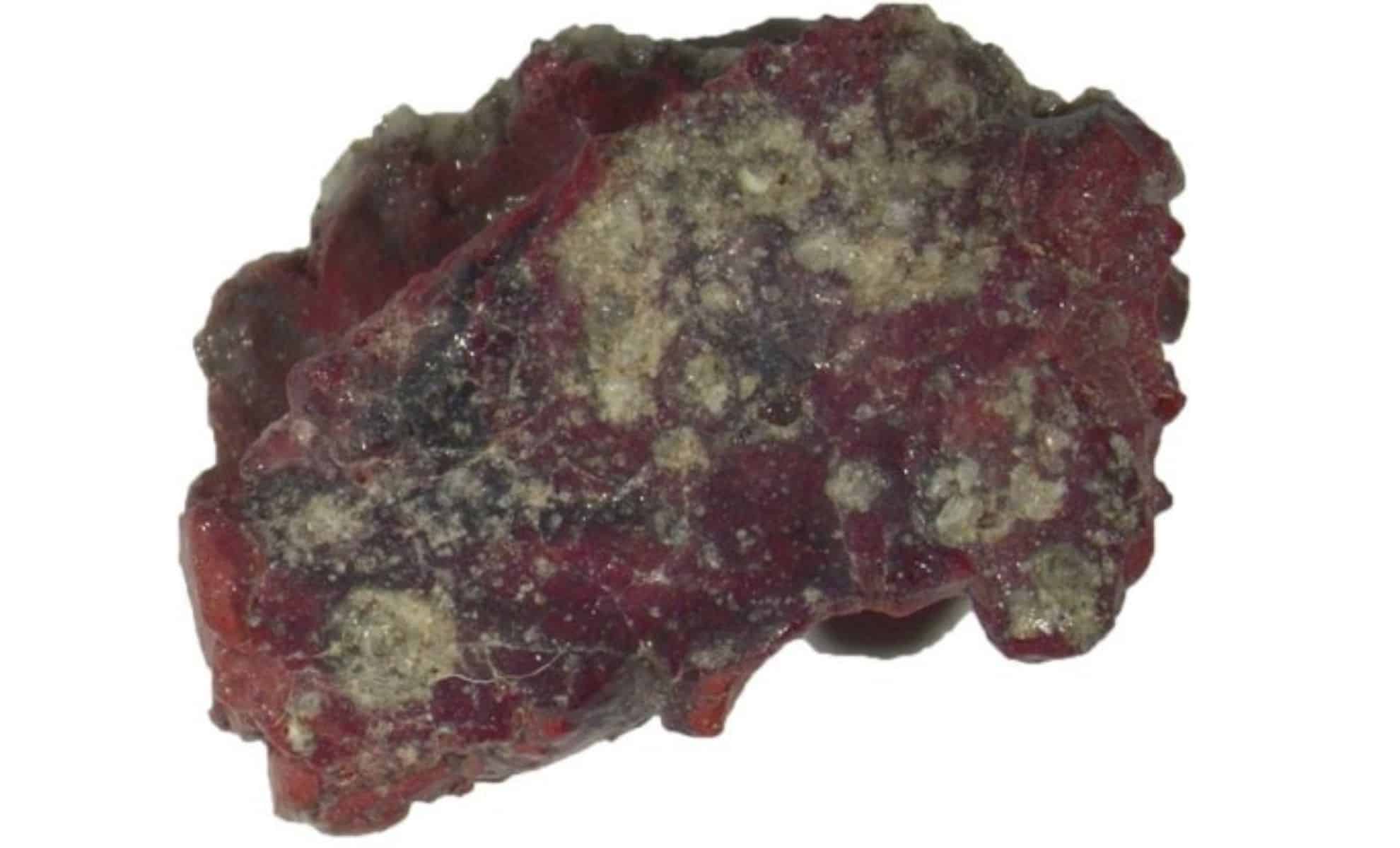
 Indian Defence Review
Indian Defence Review
Sprinting Crocs: Ancient Predator Ruled Caribbean Millions of Years After South America
Paleontologists have discovered fossils of sebecids, crocodile-like land predators, in the Caribbean dating back 7.14 to 4.57 million years. These creatures, some reaching 20 feet long and described as 'greyhound-like', survived in the Caribbean millions of years after their South American relatives went extinct. The discovery supports the GAARlandia hypothesis, suggesting land bridges or island chains connected the Caribbean to South America.
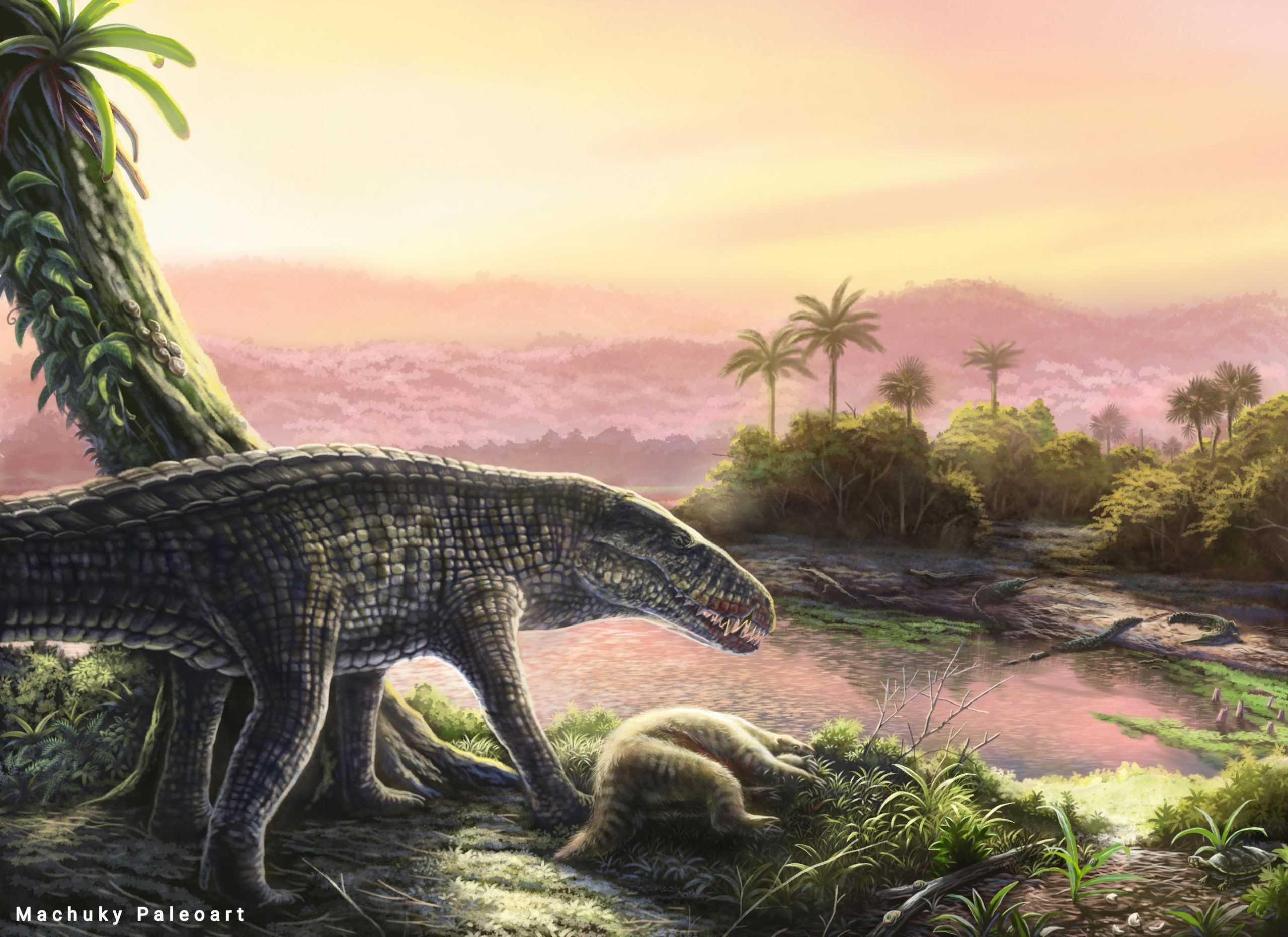
 SciTechDaily
SciTechDaily
 Gizmodo
Gizmodo
 Smithsonian Magazine
Smithsonian Magazine
 WV News
WV News
Sprinting Crocs: Ancient Apex Predators Once Ruled the Caribbean Islands
Paleontologists have discovered fossils of sebecids, crocodile-like land predators, in the Caribbean, dating back 4.57 to 7.14 million years. These findings challenge previous assumptions about the region's ecosystem and suggest that sebecids survived in the Caribbean long after their extinction in South America. The discovery supports the GAARlandia hypothesis, proposing land bridges or island chains facilitated their migration.
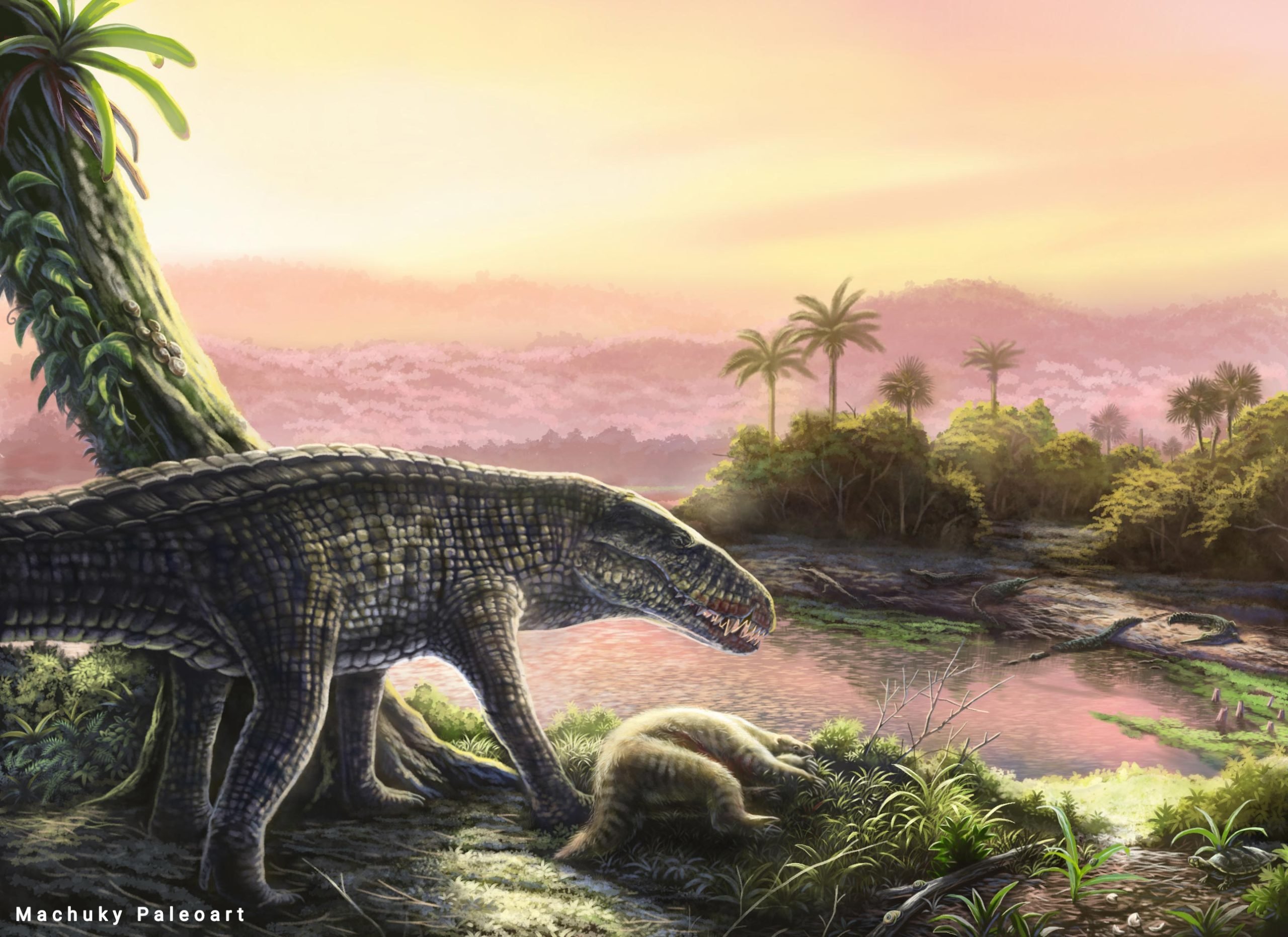
 SciTechDaily
SciTechDaily
 Gizmodo
Gizmodo
 Smithsonian Magazine
Smithsonian Magazine
 WV News
WV News
Planet Nine Candidate Identified: Astronomers Find Potential Ninth Planet in Solar System
A team of astronomers has identified a possible candidate for Planet Nine, a hypothetical planet theorized to exist far beyond Neptune. The finding is based on data from two infrared surveys taken 23 years apart. The discovery has been met with both excitement and skepticism, with some experts questioning whether the object fits the predicted characteristics of Planet Nine.
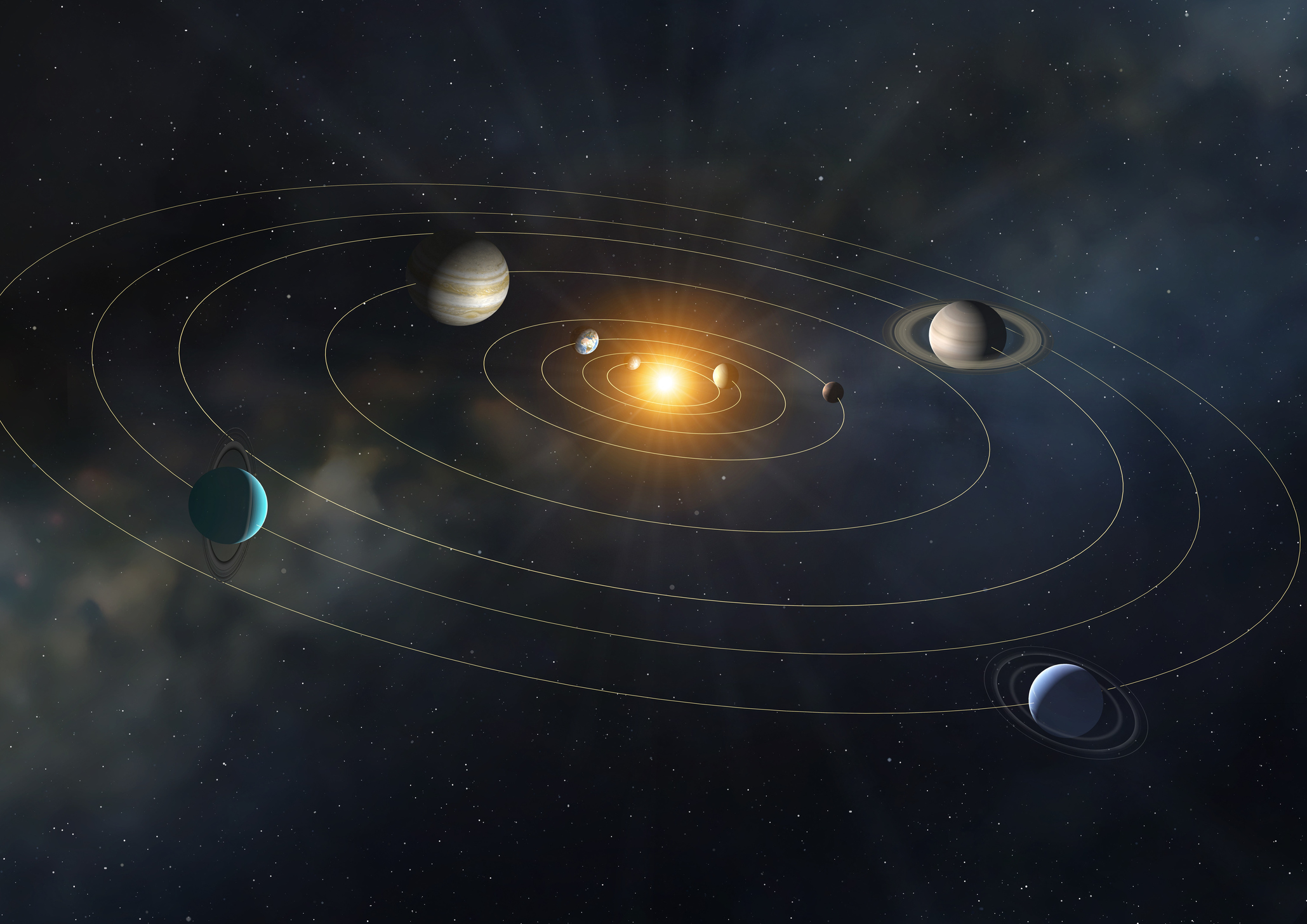
 Global News
Global News
 Space
Space
 Live Science
Live Science
 ABC News
ABC News
Cuttlefish Use Distinct Arm Gestures for Communication: A Potential Sign Language
A new study reveals that cuttlefish employ distinct arm gestures to communicate, including 'up,' 'side,' 'roll,' and 'crown' movements. These gestures appear to be multimodal signals, perceived visually and through vibrations in the water. Researchers suggest these signals could convey various meanings depending on the context, potentially representing a sophisticated form of communication.
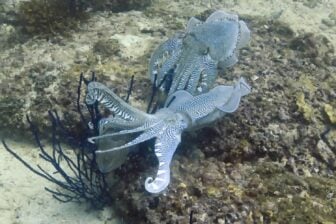
 Gizmodo
Gizmodo
 Scientific American
Scientific American
 Phys.org
Phys.org
 ScienceAlert
ScienceAlert
NASA's SPHEREx Space Telescope Begins Mission to Map the Infrared Sky
NASA's SPHEREx telescope began its two-year mission on May 1, 2025, to map the entire sky in 102 infrared wavelengths. The mission aims to study cosmic inflation, the distribution of galaxies, and the origins of water and other life-enabling compounds. SPHEREx is expected to take about 3,600 images daily and provide a comprehensive view of the cosmos, complementing other missions like the Nancy Grace Roman Space Telescope.
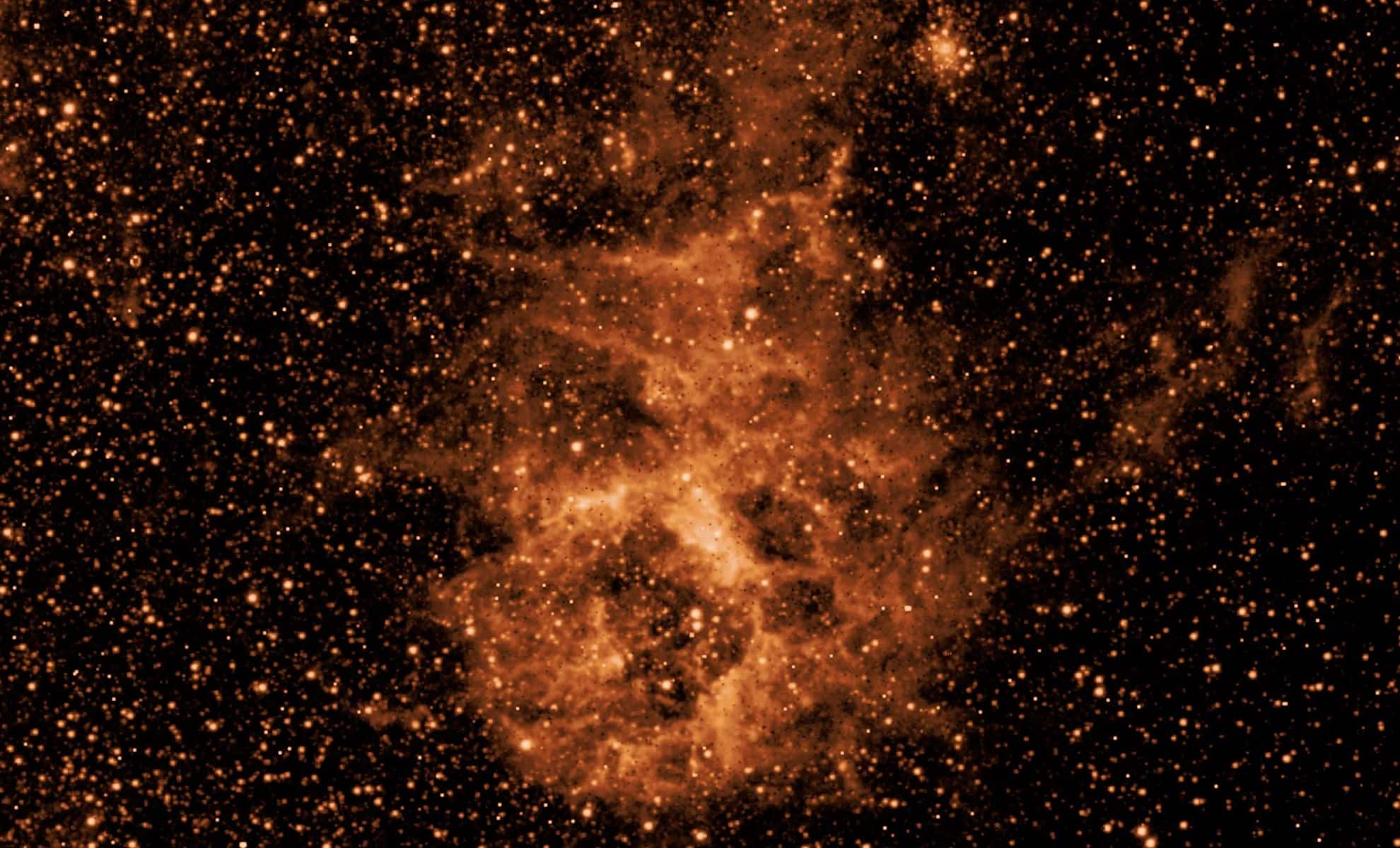
 The Daily Galaxy
The Daily Galaxy
 NASA (.gov)
NASA (.gov)
 Astronomy Magazine
Astronomy Magazine
 Universe Today
Universe Today








